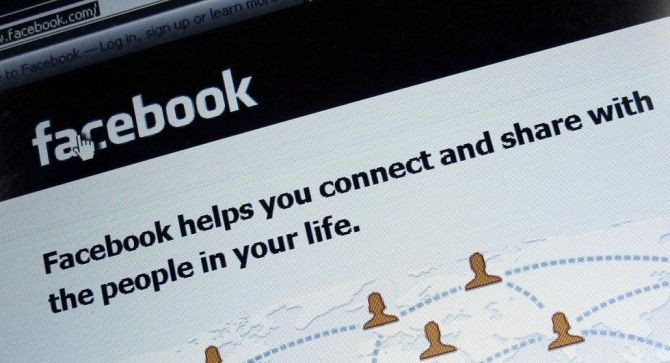Facebook Damages Relationships for People With Low Self-Esteem

Facebook may seem like the perfect virtual world for people with low self-esteem to maximize and improve their social relationships because it reduces the need for uncomfortable face-to-face sharing. Wrong.
Researchers from the University of Waterloo said that sharing is essential for improving friendships, but people with low self-esteem seem to behave “counter-productively” by “bombarding their friends with negative tidbits about their lives and making themselves less likeable,” according to a statement released on Wednesday.
"We had this idea that Facebook could be a really fantastic place for people to strengthen their relationships," said co-author Amanda Forest in a statement.
Forest and Joanne Wood studied the effects of self-esteem on the kinds of emotions people express, as well as how people with low self esteem perceive Facebook.
Researchers found that people with confidence issues are significantly more likely to think that Facebook provided a safe haven that reduces the risk of awkward social situations and as a place of greater opportunity to make social connections.
Forest and Wood measured the level of positivity or negativity for each participant’s last 10 Facebook status updates, visible to participants’ Facebook friends and others in similar networks, and asked coders to rate how much they liked the person who wrote them.
Examples of status updates are: "___ is lucky to have such terrific friends and is looking forward to a great day tomorrow!" and "___ is upset b/c her phone got stolen :@."
The results show that that people with low self-esteem were more negative than people with high self-esteem in their updates, and coders liked them less.
Researchers said that the coders were strangers. They said that was realistic because previous research has shown that generally half of Facebook friends are strangers or acquaintances.
However, researchers found that people with low self-esteem get more responses from their real Facebook friends when they post highly positive updates, compared to negative ones. In contrast, people with high self-esteem get more responses when they post negative items, maybe because negative updates are rarer for them.
Researchers said that people with less confidence may feel like Facebook is a “safe place” to escape judgment and make “personal disclosures”, but they may not be helping themselves.
"If you're talking to somebody in person and you say something, you might get some indication that they don't like it, that they're sick of hearing your negativity," Forest explained. However when people have a negative reaction to a post on Facebook, they mostly keep it to themselves. "On Facebook, you don't see most of the reactions."
The findings are published in the journal Psychological Science.



























